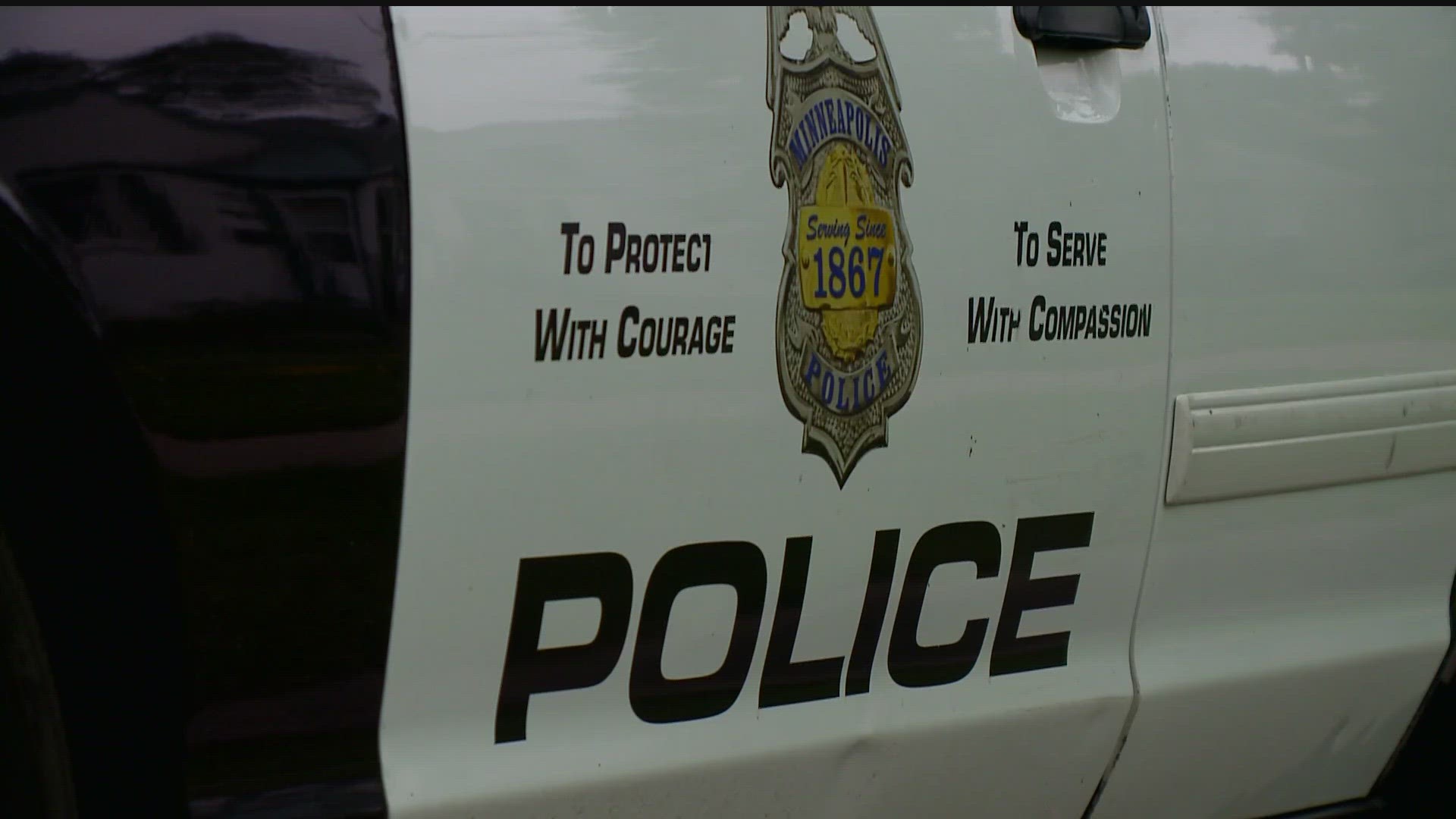MINNEAPOLIS — A new, 144-page settlement between the city of Minneapolis and the Minnesota Department of Human Rights mandates sweeping changes to Minneapolis Police practices — covering everything from training to use-of-force to traffic stops.
The court-enforceable agreement also includes one notable paragraph about MPD's use of undercover social media accounts.
"The Parties recognize the value of MPD using 'undercover social media accounts' in a lawful, non-discriminatory manner," the document states on Page 50. "This may include 'following' and 'engaging with' other social media accounts to establish a credible undercover social media profile."
The brief, 105-word section represents a small but significant portion of the settlement, by also requiring stronger oversight of officers' undercover social media accounts. Under the terms of the agreement, MPD must have "regular supervisory review" of the accounts, as well as a "periodic assessment" by the new MPD Review Panel.
It comes after the Minnesota Department of Human Rights concluded in an investigation last year that "MPD uses covert social media to target Black leaders, Black organizations, and elected officials without a public safety objective." That investigation, which was initiated after the murder of George Floyd, found that this social media activity took place from January 2010 to December 2020. The state alleged that "MPD officers did not similarly track and surveil white people unrelated to criminal activity using MPD covert social media accounts. In fact, as of December 2020, MPD did not operate its own covert social media accounts to track white supremacist or white nationalist groups."
According to the MDHR report, one officer "used an MPD covert account to pose as a Black community member to send a message to a local branch of the NAACP criticizing the group," while another "posed as a community member and RSVP'd to attend the birthday party of a prominent Black civil rights lawyer and activist." The investigation faulted MPD for a lack of "proper oversight" of this undercover social media activity.
At last week's joint press conference announcing the new court-enforceable settlement agreement, neither city leaders nor state leaders mentioned the new language around covert social media until a reporter inquired about the issue during the question-and-answer phase.
Minneapolis City Attorney Kristyn Anderson publicly challenged MDHR's findings about the social media usage.
"The short answer is, the city does not agree with those findings. We don't have to agree with everything with the Human Rights Department to come to a settlement agreement," Anderson said. "The city disputes those findings. The evidence that was presented to us... just don't think shows what MDHR thinks that it shows but we'll just dispute that."
Moments later, MDHR Commissioner Rebecca Lucero defended her department's investigation and the portion about undercover social media.
"Our findings are correct," Lucero said. "MPD uses covert social media to target Black leaders, Black organizations, and elected officials without a public safety objective. That remains true. The only clarity that we provided, was that when we said 'surveil,' we meant exactly what we said in our findings. That they were using fake accounts, to access community members and organizations."
Despite the disagreement, Lucero said that "it's not worth going back and forth on this point. What matters is that we do the work. And that is what we are all committed to doing. We've got to get to work to make sure there are good policies, good training, good procedures in place. And that is what the agreement lays out."
According to current MPD policies, officers are already required to register their undercover social media accounts with the commander of the Strategic Information Center. That commander is also in charge of annual audits "to ensure that the covert profiles are still active."
In an interview with KARE 11 after the announcement, MPD Chief Brian O'Hara vowed to work within the new framework of the settlement. O'Hara was not with the department when the alleged social media activity occurred.
"The reality is, using social media for criminal investigations is a common practice across the country. Where this gets lost is, there are lawful and legitimate purposes for officers to act undercover. And that can be done in-person or that can be done, in a way, virtually," O'Hara said. "We simply just ensure that it is for those legitimate law enforcement purposes and that it does not deviate from that."
Under the settlement, MPD must comply with all policies -- including the use of covert social media -- to complete the court-enforced agreement.
"There will be changes, and reforms to policies, that I think will clarify a lot of issues for our officers," O'Hara said. "And then, there will be actual, in-person training. Hours of new training, to ensure that our officers actually are able to understand policies and reforms as they have been made."
Nekima Levy Armstrong, a civil rights attorney and activist, said she's been raising issues about law enforcement's use of covert social media for years.
"I'm hoping this court-enforceable agreement will send a message," she said. "It's time for them to be accountable. It's time for them to abide by the terms and conditions."
Watch more local news:
Watch the latest local news from the Twin Cities and across Minnesota in our YouTube playlist:

